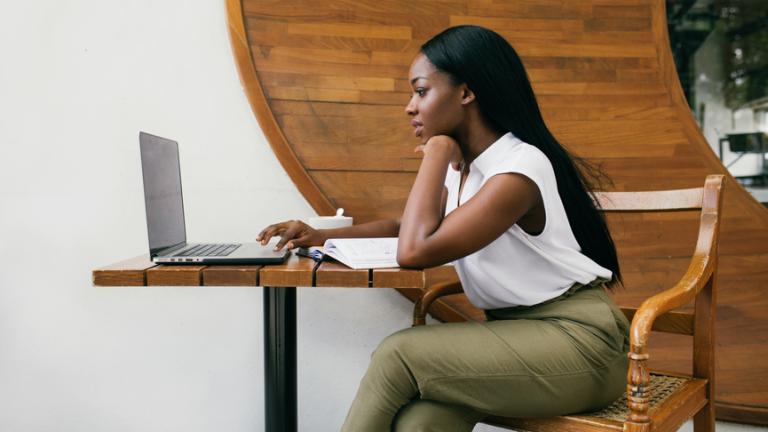Crip Camp: A Disability Revolution, directed by Jim LeBrecht and Nicole Newnham, tells the story of Camp Jened, a unique-for-its-time summer camp for people with disabilities of all kinds. Not only did Camp Jened, in Upstate New York, provide many campers with their first experience of a truly accessible space, it also became an accidental organizing site for the disability rights movement, since many of the movement’s leaders had become friends at Camp Jened.
The first part of this astonishing film tracks the experience of director Jim LeBrecht, who traveled to Camp Jened for the summers during his teens. As LeBrecht explains in the film, he was told that this was a “camp for people with disabilities run by hippies.” He was attracted to the idea of Jened because of this counter-culture influence. When he got there, he found that what he had been told was the truth: the young counselors at the camp encouraged their campers to explore freedoms in various important ways, many of which they had never had access to as teens with disabilities. This may have been partly because the counselors were not much older than teenagers themselves, and because they, like the campers, they had come to Jened for freedom and exploration.
This relaxed atmosphere was combined with an ethos of radical accessibility. As Lionel Je’ Woodyard, an able-bodied counselor who came to Camp Jened from Georgia, explains, the campers at Jened were used to being left out in their lives at home. They weren’t allowed to play sports, for instance, at school, or if they were, they weren’t picked for the team by their classmates. Many of them weren't even allowed to attend regular public schools, but were placed in institutions. But at Camp Jened, as Woodyard explains, everyone was expected and encouraged to participate to the fullest extent of their capacity and interest. Counselors and other campers created accommodations for each other on a moment-to-moment basis. Accommodation was the expectation, rather than the exception to the rule. What's more, as we see in the film, decisions at the camp were made in radically democratic ways: when they had to decide what to make for dinner, for instance, campers held a long discussion and a vote. No issue was too small to be discussed and worked through together.
This might not sound so radical to those of us who were born after the passing of the Americans with Disabilities Act. Those who are a bit older, however, know better. When Camp Jened was running, there were no federal laws which protected the rights of people with disabilities. There were no federal laws which prevented discrimination against them on the basis of their disabilities. People with disabilities were barred from crucial experiences because they couldn’t count on the government to protect their rights. For instance, if you utilized a wheelchair to move through the world, what were you to do if your employer was on the second floor of a building? Unless your employer willingly added a ramp, you had no recourse. You had no right to demand that a ramp be installed, and no ability to do so with the government’s support.
The second half of Crip Camp shows how a number of campers who had gone to Jened together became the leaders of this crucial civil rights movement, in particular a remarkable young woman named Judy Heumann. After having been a leader at Camp Jened, Heumann moved to San Francisco where she became an advocate for the rights of the disabled. Soon, with the help of her Camp Jened friends and many more organizers and activists, she was leading a civil rights movement which was demanding equal protection under the law for the disabled.
We won’t ruin the ending, but suffice to say that the United States would be a very different place if not for the activists who began to organize at Camp Jened.
Crip Camp shows disability in all its complexity, never failing to treat its subjects as three-dimensional characters. Unlike so many representations of disability in popular culture, it does not shy away from the radical and transgressive aspects of its subjects' lives. The campers and activists of Crip Camp are provocative, intelligent, earnest, and hilarious. They are people who have sex and get angry. In a world which rarely depicts people with disabilities as anything but asexual angels, this kind of representation could not be more welcome.
Not only will Crip Camp inspire you to fight for the rights of all, but it will remind you that when ordinary people work together they can accomplish amazing things.
We’re lucky to be interviewing Jim LeBrecht on Wednesday June 17th, 2020. If you have questions for Jim about the process of making the film, post them here.


